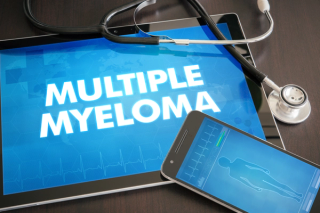
Hematology
Latest News
Latest Videos

CME Content
More News

Factors (comorbidities, social factors) can largely affect the success of therapies in daily practice, despite findings observed in clinical trials.

And whatever specialty the student or resident decides on, it does not have to define the rest of their career.

Expert notes significant advances in the treatment of multiple myeloma, large B cell lymphomas, and acute myeloid leukemia, during a presentation at HOPA 2023 Annual Conference.

The Hematology/Oncology Pharmacy Association (HOPA) created committees, inclusion statements, and diversity, equity, and inclusion (DEI) checkpoints to improve healthcare for underserved or historically less included populations.

President (2022 to 2023) of the Hematology Oncology Pharmacists Association (HOPA) highlights the many ways that hematology/oncology pharmacists can collaborate with care teams to improve access to care at HOPA Annual Conference 2023 in Phoenix, Arizona from March 29 to April 1.

Follow Pharmacy Times®’ live coverage of the Hematology/Oncology Pharmacy Association (HOPA) Annual Conference in Phoenix, Arizona from March 29 to April 1, 2023.

Axicabtagene ciloleucel demonstrated a 2.5-fold increase in individuals with relapsed/refractory large B-cell lymphoma who were alive at 2 years and did not experience either cancer progression or require the need for additional cancer treatment.

Since 2014, 10 immunotherapies have been approved by the FDA, including 6 CAR T-cell therapies and 4 BiTE therapies.

Rezafungin (Rezzayo; Cidara Therapeutics Inc, Melinta Therapeutics LLC) is the first new treatment option approved for individuals with candidemia and invasive candidiasis in more than a decade.

At 1 year, patients receiving chemotherapy regimens containing anthracyclines for lymphoma who took statins had an average ejection fraction that was 1.3% higher than those who took placebo.
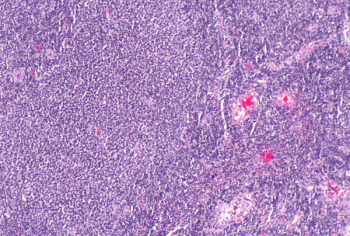
On April 2, 2023, the FDA will announce the approval status of Roche’s supplemental Biologics License Application for polatuzumab in the treatment of diffuse large B-cell lymphoma.

CRISPR technology has also been successful in treating a pediatric patient with T-cell acute lymphoblastic leukemia, showing feasibility of its use for cancer immunotherapy.

Study Shows PCV13 Followed by PPSV23 Protects Against Pneumococcal Diseases in Patients With SCD
The immunological efficacy of the 13-valent conjugate pneumococcal vaccine followed by 23-valent polysaccharide vaccine has been poorly documented in adult patients with sickle cell disease.
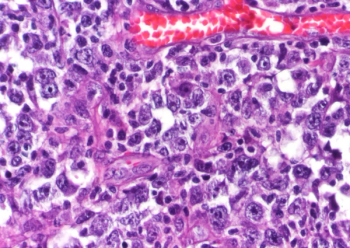
At 36 months, the overall survival rate of patients with relapsed/refractory B-cell acute lymphoblastic leukemia administered brexucabtagene autoleucel was 47.1%, with a median overall survival of 26 months.

The 10 mL ready-to-administer pre-filled syringe in the first FDA-approved pre-filled syringe in this dosing size.

Altuviiio [antihemophilic factor (recombinant), Fc-VWF-XTEN fusion protein-ehtl; Sanofi] is high-sustained factor VIII replacement therapy indicated for routine prophylaxis and on-demand treatment to control bleeding episodes and for perioperative management in adults and children with hemophilia A.
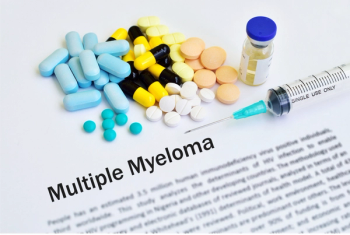
Elranatamab is an investigational B-cell maturation antigen CD3-targeted bispecific antibody that may become the next standard of care for multiple myeloma, according to researchers.

Because of CRS and neurologic toxicity risk, the therapy is available through a REMS program.
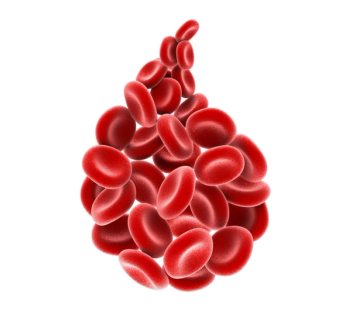
Crovalimab Shows Non-Inferiority to Current Standard of Care for Paroxysmal Nocturnal Hemoglobinuria
Paroxysmal nocturnal hemoglobinuria is a rare and life-threatening blood condition.

JNJ-80202135 (nipocalimab) treats hemolytic disease of the fetus and newborn caused by maternal red blood cells.
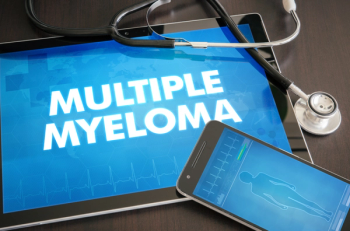
Isatuximab and daratumumab offer promising treatment options for previously treated multiple myeloma.
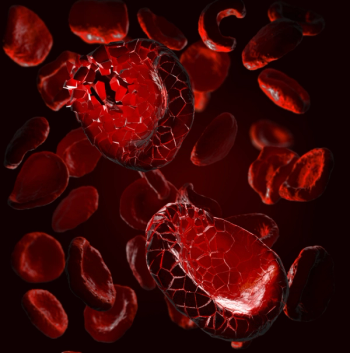
Bone marrow transplant could effectively change the brain’s blood vessels from abnormally narrowing.

The trial is the first randomized phase 3 study evaluating the efficacy and safety of ciltacabtagene autoleucel patients with relapsed and lenalidomide-refractory multiple myeloma.

In her closing thoughts , Lisa Schrade, PharmD, discusses current barriers to care as well as the upcoming direction of treatment for patients with hemophilia A.

Lisa Schrade, PharmD, shares insight on the impact of inhibitors in the hemophilia A treatment landscape.











